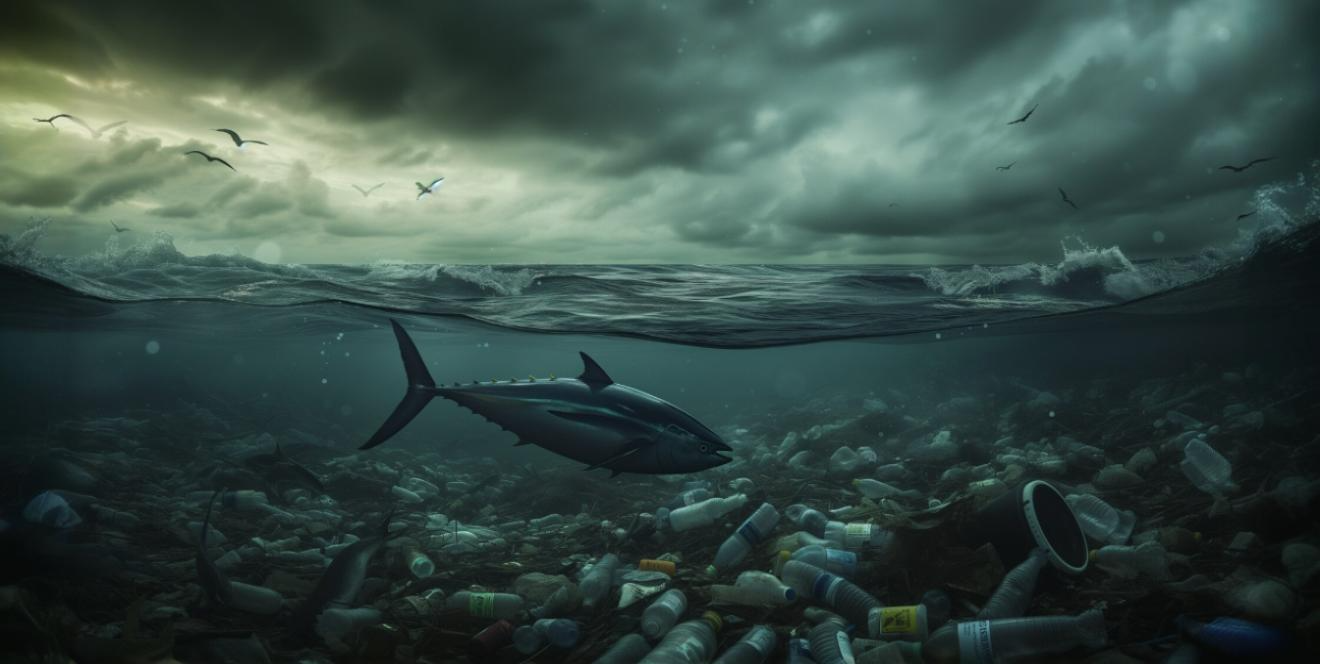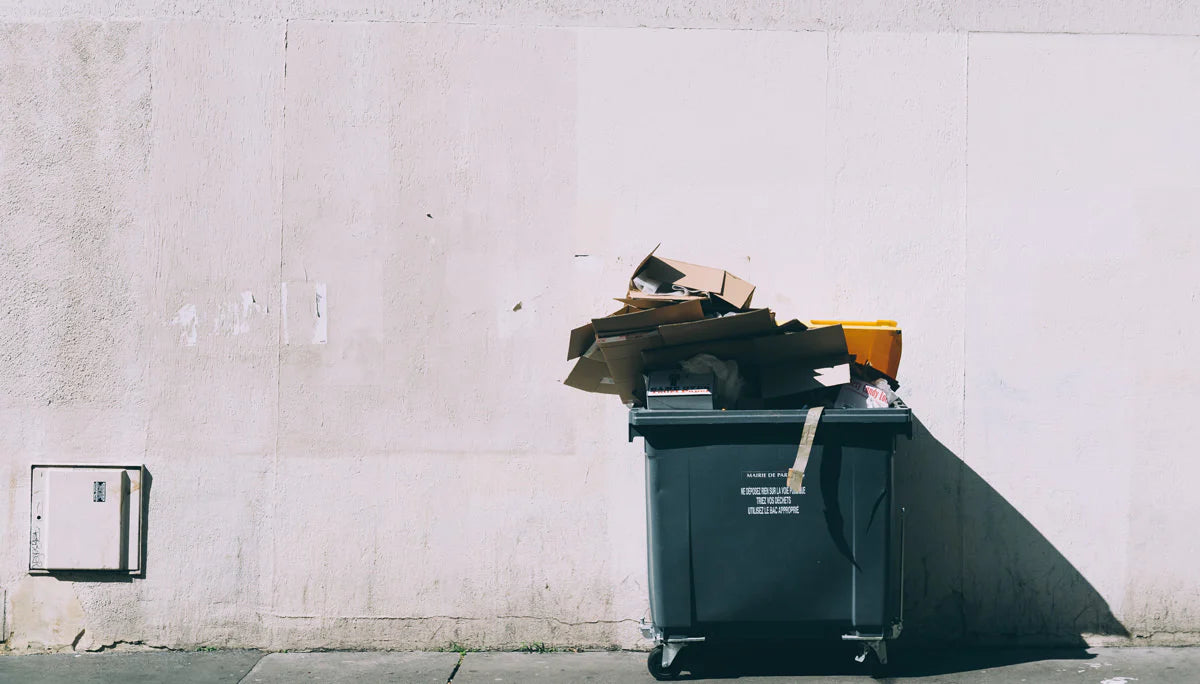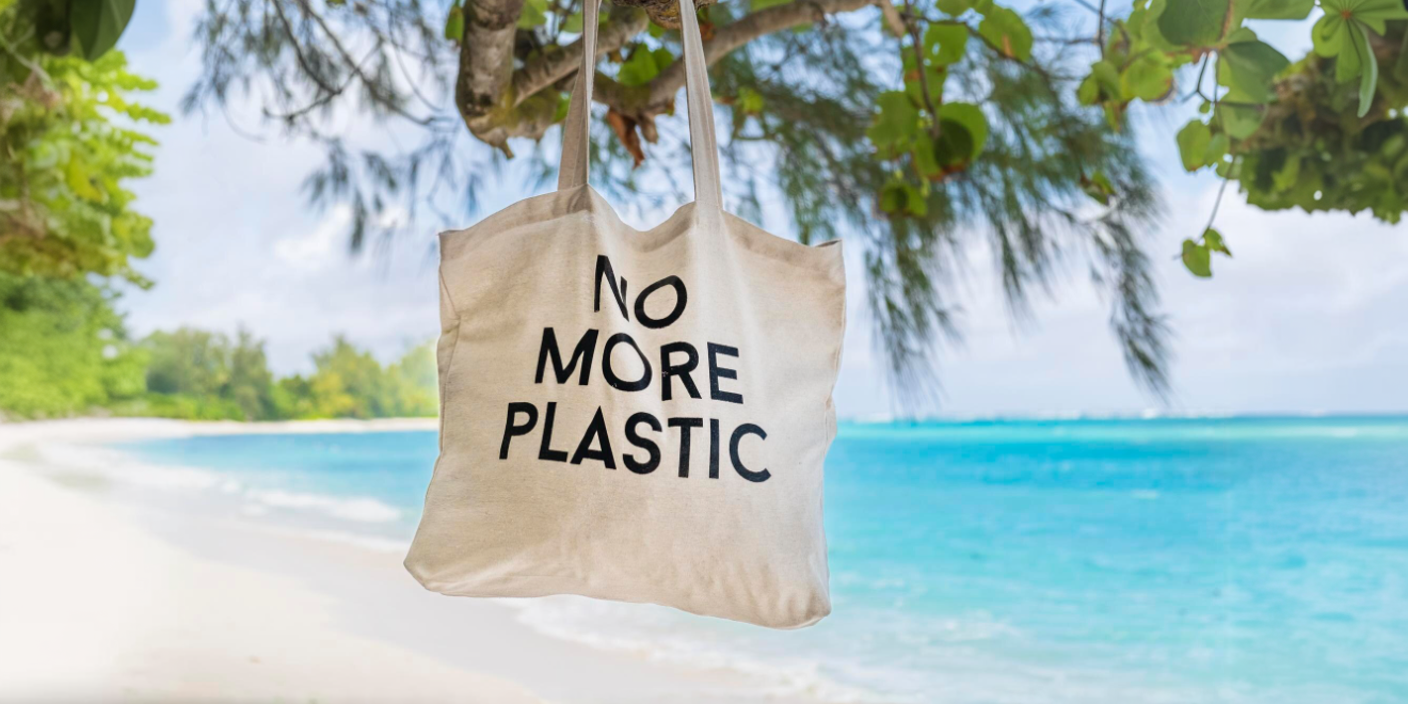Article: The Hidden Costs of Ocean Plastic (and How You Can Help Fix It)

The Hidden Costs of Ocean Plastic (and How You Can Help Fix It)
When we think of ocean plastic, we quickly see the visible signs: bottles floating on the waves, bags tangled in coral, or nets along the coast. But the real damage is largely hidden from view. Ocean plastic quietly but profoundly impacts our environment, health, and economy—far more profoundly than we often realize.
This isn't just an environmental problem; it's a human one. It's time to consider the true costs of ocean pollution and the everyday choices that can bring about powerful change.
Ocean Plastic: More Than a Superficial Problem
Every year, millions of tons of plastic waste end up in our oceans, and it doesn't stay in one place. Sunlight, waves, and salt break down larger pieces into microplastics, which then spread throughout marine ecosystems. These minuscule particles are now found in the deepest ocean trenches and on remote islands—far from human habitation.
The ecological impact of ocean plastic is truly alarming. Animals die from suffocation or starvation after ingesting plastic. Coral reefs, essential for marine biodiversity, are 20 times more likely to contract diseases when exposed to plastic. This begins a chain reaction that disrupts entire ecosystems and strains the ocean's resilience in a warming world.
Search term: environmental impact of ocean plastic
A hidden health risk: Microplastics in our food
What happens in the ocean doesn't stay there. Microplastics have now entered our food chain—and thus our bodies. Shellfish, sea salt, and even bottled water have been found to contain microplastics, raising growing concerns about the long-term effects on our health.
Emerging research shows that these particles may carry toxic chemicals linked to hormonal disruption, inflammation, and other health problems. While we don't know everything yet, it's becoming increasingly clear: our current approach to plastic is backfiring on us, bite by bite.
Search term: health risks of microplastics in food
The economic toll of ocean pollution
The damage caused by ocean plastic isn't just ecological—it's also economically tangible. Coastal communities spend billions annually on cleanup efforts. Fishing suffers from polluted or declining fish stocks, while tourism sectors lose income due to polluted beaches and damaged natural areas.
According to the United Nations, the global economic cost of ocean pollution is approximately $13 billion annually—a burden borne by taxpayers, small businesses, and future generations. And as plastic production continues to grow, those costs will only rise—unless we intervene.
Search term: economic costs of ocean pollution
Turning the tide: How you can contribute to the solution
Big change starts with small choices. The plastic crisis in our oceans seems overwhelming, but it's driven by individual actions. And that means: each of us has the power to turn the tide.
This is how you can contribute:
- Support brands that are committed to reuse and repair — especially those with products made from ocean-bound plastic.
- Choose reusable products instead of single-use plastic. Even switching to a refillable bottle or bag makes a difference.
- Educate yourself (and others) about the hidden effects of plastic pollution.
- Call on companies and policymakers to be accountable for their role in creating and solving this crisis.
At The BlueWave Collective, we design products that go beyond functionality—they serve a purpose. Each item is made from reclaimed ocean-bound plastic, transforming waste into a symbol of change.
Discover conscious essentials ➜
Search term: how to combat ocean plastic
Together we make waves
Ocean plastic is costing us more than we think. It's damaging ecosystems, infiltrating our food supply, and putting a strain on public resources. But it's not too late to change course.
By consciously choosing brands that give plastic a second life, you contribute to the protection of our oceans — and everything (and everyone) that depends on them.



